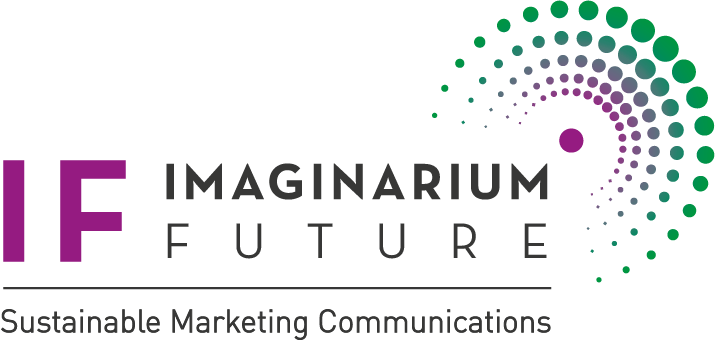Latest News
The Philosophy of Sustainable Sourcing in Marketing Campaigns Today
22nd June 2023
In the last forty years of supplying promotional products, there has been a seismic shift in the sourcing, usage and commercial applications.
Initially, there was the ‘ethical’ question of manufacture. This extended to the age of employees, working conditions and environmental credentials.
The safety of the products for the customer with specific attention on children’s products.
The independent testing of products for gift usage brought a whole group of standards for UK and European products which augmented British Standards. Legislation is and was designed to give a best consistent set of regulations for manufacture and attendant better safer products for consumers.
The increased focus and cost of producing products meant that marketers had to be even clearer in their objectives because it wasn’t enough just to buy the cheapest products. Price however was still heralded by many as the foremost factor in the choice of supplier often to the detriment of innovation and pushing back against quality, compliance and environmental considerations.
Producing compliant products brings with it a raft of costs and complexity which means that increasingly marketing products are not used as they were before. The on-pack open offer for cereals in the FMCG area for example has all but disappeared. The finite prize draw adds interest, but postal costs and handling /packaging make sending items expensive.
Still, you find that LIVE EVENTS benefit from promotional merchandise. Concerts or sampling operations of high-profile brands can be very successful.
The carbon footprint of products from manufacture to ultimate usage has led to procurement increasingly looking for the holy grail of zero carbon footprint. A whole sector of carbon offsetting has grown on the back of the broader issue of a company’s Carbon Footprint.
The idea of a ROAD MAP to change has evolved concerning the increasing need for products which address climate/environmental concerns.
Everything from reducing single-use plastic which has created problems in Oceans to a ban on manufacturing processes or products which create ozone depletion.
The complexity of the problems inherent in sourcing products for everyday use is seen as difficult enough without looking at marketing products. Still, there is a need, and you cannot escape the reality that strong brands gain benefits when they put an effective design on promotional products sourced sustainably. All products need to be made from recycled materials or sourced sustainably in an ethical manner.
Understanding what benefits to the customer the marketing promotional product gives is even more important. Novelty is no longer enough, especially if the product doesn’t have an afterlife. Giving away ‘balloons’ for example or throwaway products.
Providing a cooler jacket for a bottle of white wine or any drink that needs to be served ‘cold’ has product taste and ongoing after-use advantages.
If you are sold/given a flag to support a team it gives a crowd effect which is beneficial for the team’s primary sponsor. The more considered the print design, the more likely it is to be as a souvenir rather than being left on the terraces. Beneficial use of the flags will help convince the sponsor that their money is well spent in supporting the club.
The production of all promotional products in our view now needs to be fully justified. Recycled material, product longevity, ultimate ongoing usage and longevity must be added to all the other compliant considerations. For sure, as humans, we cannot entirely forget that receiving a useful gift which has a good design and may even be uniquely designed is better than staring at a screen and receiving an email.
Admittedly, digital communications or discounting is easier to implement. It doesn’t serve some purposes though.
As a checklist for products, we would ask the following questions:
- What sustainable credentials does it have, longevity could be very important here.
- Are we confident that the volume we order will serve demand, but if we over-order it is not ideally a date-specific product? It might be commemorative, but the design possibly should not ‘date’.
- Is the product useful?
- Is the product innovative?
IF stands for Imaginarium Future. It isn’t a static agency and we understand the world turns.
We would humbly ask all marketing depts to lay less emphasis on price, inevitably something will give.
It encourages corners to be cut and proliferates unnecessary products.
LESS is MORE…..ON THE ROAD TO REDUCING CARBON FOOTPRINT.
